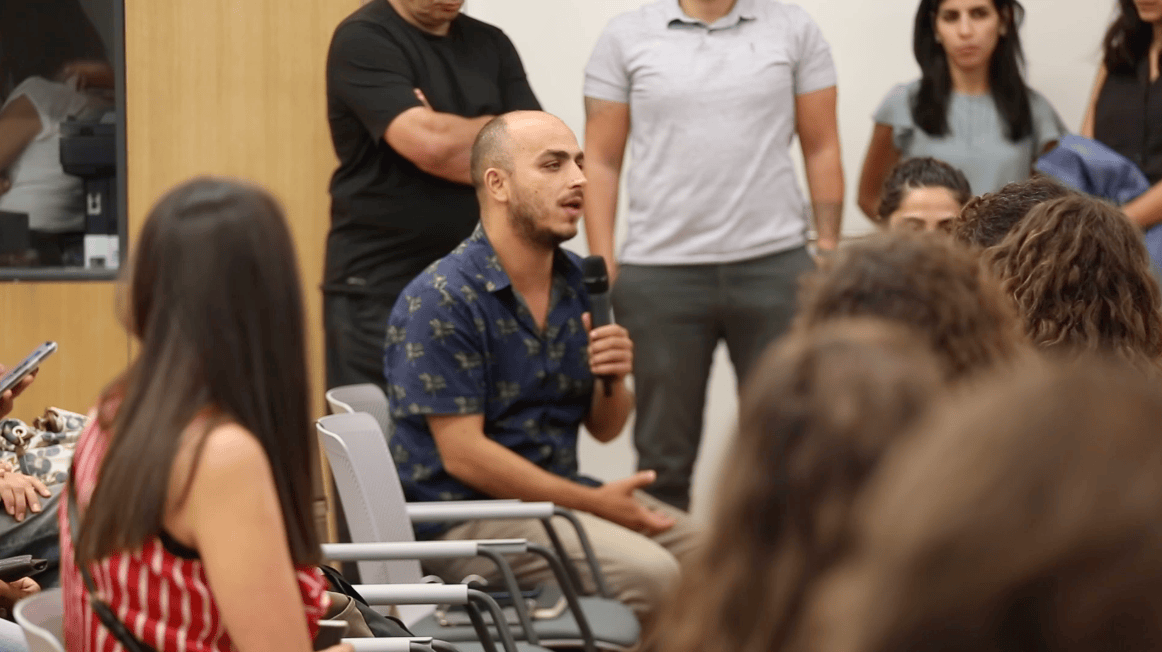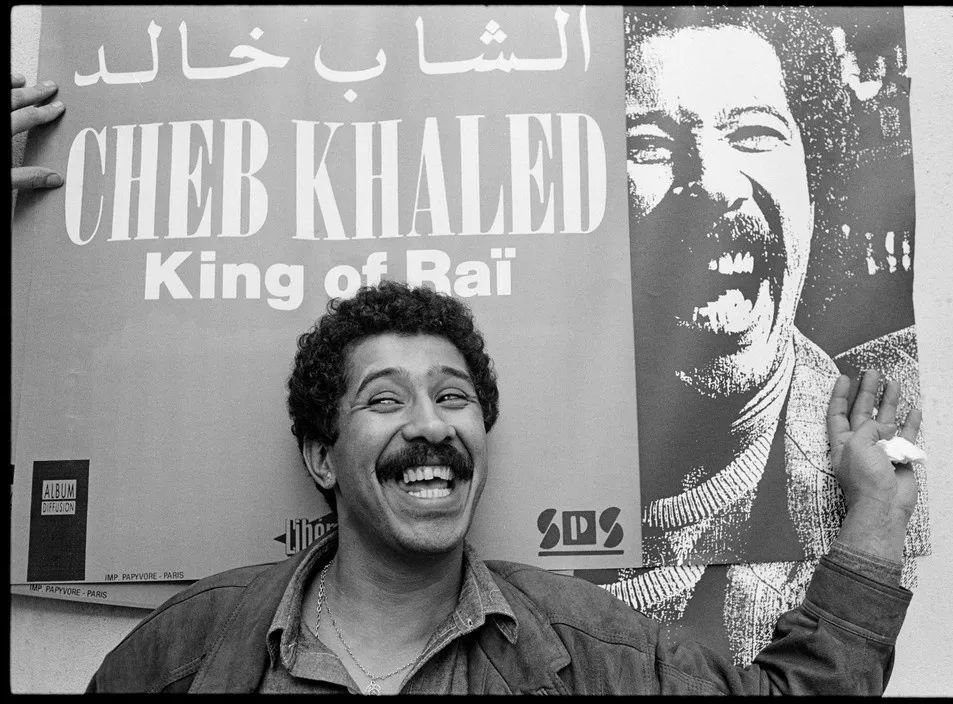Advancing Music Rights in Palestine
By Samer Jaradat
Between March 28 and 30, I represented Jafra Productions at the Babel Music Expo in Marseille, France, hosted by our main partners, Expertise France (AFD Group). We have invited the participation of two artists who were winners of the first cycle of NEST music incubator, Tareq Abboushi and Fares Ishaq. It was also an opportunity to take part in a panel discussion on copyright issues led by Thomas Weill, expert in international cultural cooperation and consultant for Expertise France, featuring Akotchayé OKIO from SACEM - France, French music lawyer Constance DELACOUX, and Foza FAWEHINMI, IP lawyer from Nigeria.
In the first segment, I was asked about the state of intellectual property law in Palestine. In my response, I emphasized the importance of defining a state and its characteristics as the foundation for building and developing intellectual property law. Without public authorities ensuring the protection of intellectual property (drawing up the legal framework, enforcement and court rulings in the event of disputes, etc.), there can be no copyright. In addition, it's challenging to have robust, well-implemented intellectual property law, or even a broad music industry, without a fully sovereign state with clear boundaries and international recognition. Thus, discussing the condition and application of this law in Palestine is not straightforward, especially since the primary goal is to achieve justice for those working in the music sector, a goal Palestinians have pursued for over 75 years.
The success of developing and implementing intellectual property law in any country depends on the level of democracy, separation of powers, and public freedoms, as these are fundamental to enforcing strong and fair legislation, I focused on the presence of solutions and alternatives for the fair development and application of intellectual property law if there is a willingness and intent to work within the music community. This is what we strive for in Palestine: to build a law that aligns with Palestine's unique political, economic, and social situation.
Palestine music conference, 2023 Ramallah – Palestine
The second topic addressed the impact of intellectual property law, where I clarified that despite its main purpose being to encourage intellectual innovation—a key contributor to human development and the advancement of civilizations—it has also become an engine for social and economic development. This matter deserves further research and analysis, especially considering that there are countries which have successfully built unique economic and social models through music.
Given that intellectual property law aims to balance the interests of creators and the public, it is always vital to study and develop this aspect from both individual and collective perspectives. Without this approach, results are often unsatisfactory, and relationships become imbalanced. Additionally, I believe intellectual property law should not be wholly imported, as it reflects the unique relationship between the individual and the community, understandable and responsive only by its people. This challenge of linking creators/authors and audiences is in reality a huge task of education and advocacy, the importance of which all the other panellists agreed.
The third question pertained to the concept of sovereignty, where I spoke about music being inherently local in its artistic aspect, remaining so, in my view, as music only thrives in its homeland among its people. Music evolves and interacts predominantly among its creators, who are capable of understanding all its contexts. Personally, I believe that an artist's musical identity and uniqueness are derived from their place and time, subsequently shaping the concept of 'homeland'—a concept distinct in creativity from geographical and political definitions. Economically, music is global and subject to market laws, a complexity that has deepened in the era of digital transformation. Understanding both sides of this dynamic, coupled with the possession of basic resources including intellectual property rights, completes sovereignty not just artistically, but also economically and socially.
Jabal Al Mahamel by Sliman Mansour
A very important secret is understanding the creative cycle and its benefits, and how they are distributed and developed. Herein lies the difference between countries that use music as a source of human, social, and economic development, and those that play on the fringes. Another secret is in sovereignty over the creative cycle's starting point in the music industry, enabling creators and workers to confine the benefits' rotation in a way that continually benefits stakeholders, an endless cycle throughout life.
On another note, deeply considering building international interests and partnerships in the music industry is crucial for adding artistic, economic, and social value. This doesn't mean monopolizing relationships and their sources, as such relationships become short-lived. Experiences in our region have shown how Rai music, for example, was negatively impacted and its development stalled due to the migration of the art's roots away from its homeland, among many other examples, like publishing contracts in Africa.
Cheb Khaled - King of RAI Music
The truth is, I greatly enjoyed participating in this seminar, due to my personal and professional interest in developing the legal framework for music in my country and protecting artists' rights and achieving justice for them. I found a wonderful positive energy among my fellow participants, and the dialogue managed by Thomas was excellent and profound.




